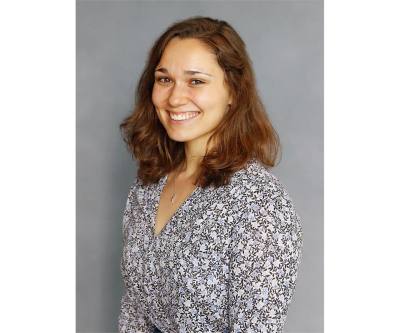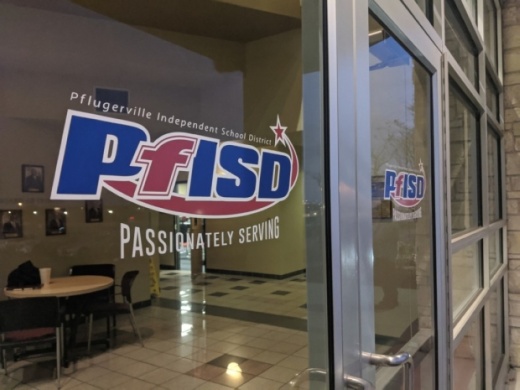"For all intents and purposes, it seems to be working well," Baker said, before adding: "What I'm most concerned about now is the workload of our teachers."
Addressing the PfISD board of trustees Sept. 17, Baker said some teachers have been tasked with the act of maintaining two separate learning environments. She said she feared this could lead to a one-two punch of teachers burning out and students not receiving the highest standard of education possible.
The district's asynchronous learning plan was first discussed Aug. 6 and has been implemented by PfISD since Aug. 13.
The discussion came as PfISD's board approved submitting the district's 2020-21 remote learning plan to the Texas Education Agency for review.
Baker said she will have documents formalized and submitted by Oct. 1 to ensure ample time for feedback and review from the TEA before December, the end of the fall semester. Plans submitted by districts "must be reviewed and approved by TEA in order to continue receiving funding for asynchronous attendance," per TEA documents.
"Our teachers—they're working hard," Baker said. "And for some of them and some of us, we've reached our capacity, and we're struggling."
Based on current struggles teachers are facing, Baker said she will distribute a survey to teachers the week of Sept. 20 to determine struggles, impact and needs regarding simultaneous on-campus and virtual instruction. Through this, Baker said the district will reevaluate synchronous expectations—the amount of live teaching offered to virtual students—and attendance procedures.
In reviewing possible solutions, Baker said the most viable option is to reassess how many synchronous minutes are required for virtual learning students. An emphasis on asynchronous learning might be a more effective solution, Baker said; however, she said adjustments made must still serve students enrolled in special education and 504 classes, at-risk students and other more vulnerable populations.
"I don't know how we can ask our teachers to continue to give what they're giving at the quality that our students need," Baker said.
Students are the district's most valuable resource, Baker said, followed directly by teachers. In an unprecedented academic year, Baker said the district's work must best serve both populations' needs.
A question left unanswered Sept. 17, as posed by trustee Tony Hanson, is whether PfISD can amend its asynchronous learning model following approval from the TEA. Hanson said he is concerned TEA approval would be binding and prevent the district from making adjustments to the curriculum as needed.
Baker said she would seek out clarification from the TEA regarding potential changes to the program upon approval.





